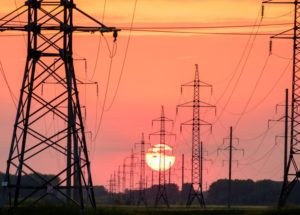The regulation of essential facilities and of its operators is at the heart of energy law and of the energy sector in general. It is economically more rational to operate these facilities as monopolies or at least pursuant to exclusive rights. These activities are thus strictly regulated and their operators as well as their remuneration are under the strict control of the regulation authorities.
These entities and the users of their facilities face various technical issues. These are mainly tariff, connection or access topics, that may lead to disputes before the Disputes Resolution and Sanctions Committee (the “Comité de règlement des différends et des sanctions”) (the so-called CoRDiS) of the Energy Regulatory Commission (the “Commission de régulation de l’énergie”).

The separation between regulated activities under monopoly and competitive activities may be thorny to implement, whether for the operators or for the regulation authorities. The strict separation between them is not always easy to maintain, and may not even be desirable in some instances. This difficulty is accrued the energy transition which comes with innovations, new activities and stakeholders.
The firm has a strong regulatory practice regarding the operator and facilities of the energy sector. Maître Marc Devedeix has not only advised and represented users, but also regulated entities: distribution or transmission system operators – whether from the electricity, natural gas or hydrogen sectors – liquefied natural gas terminal operators, and natural gas storage operators.


